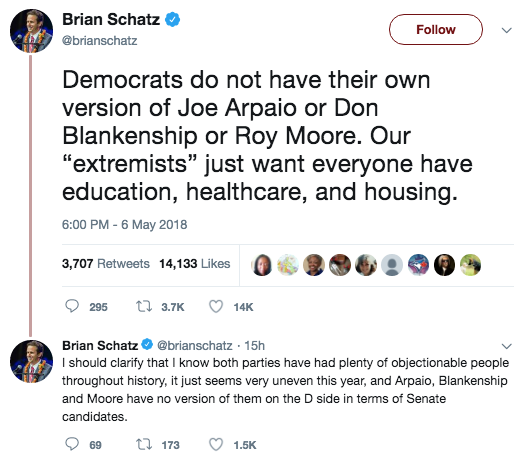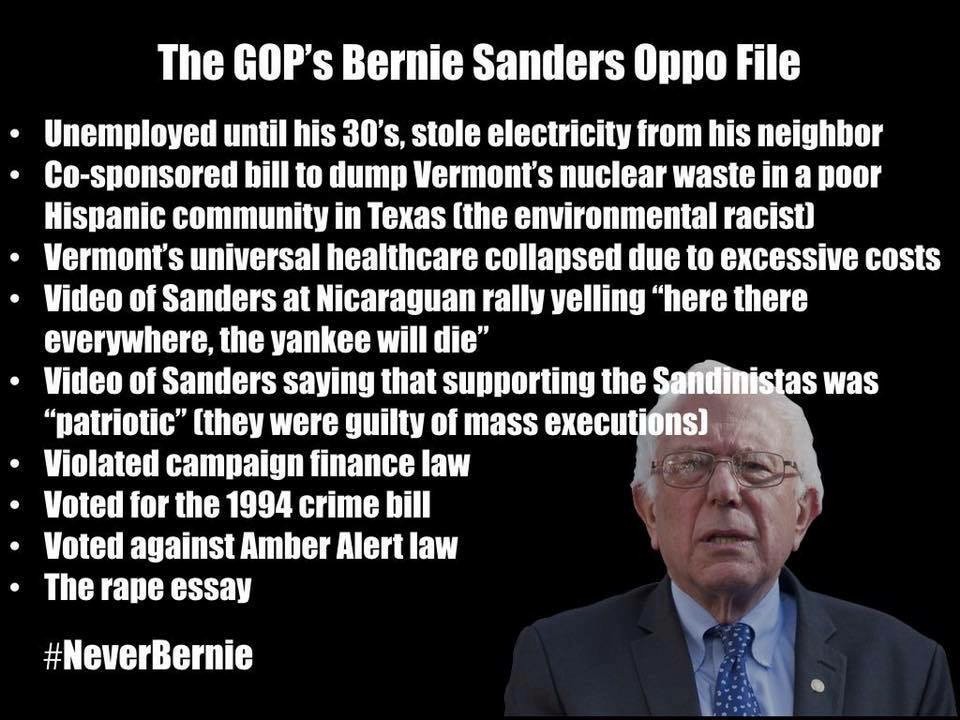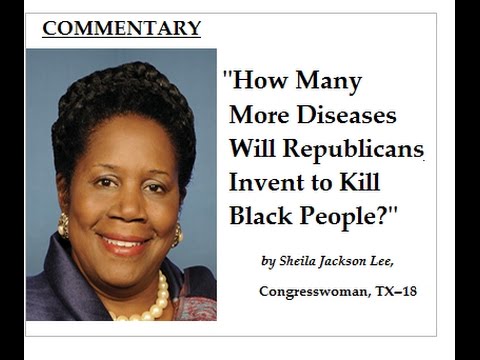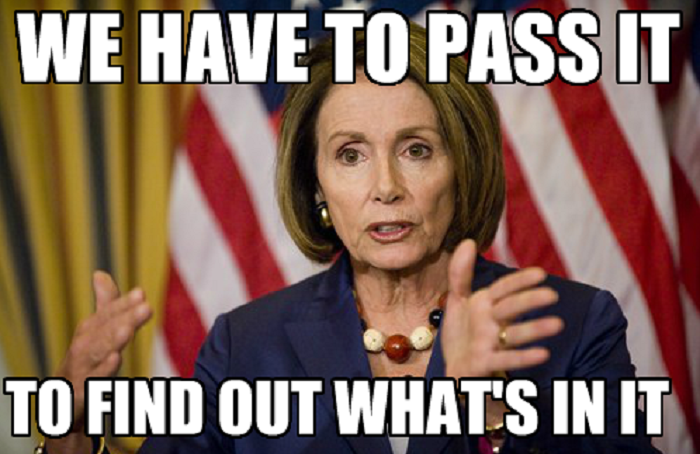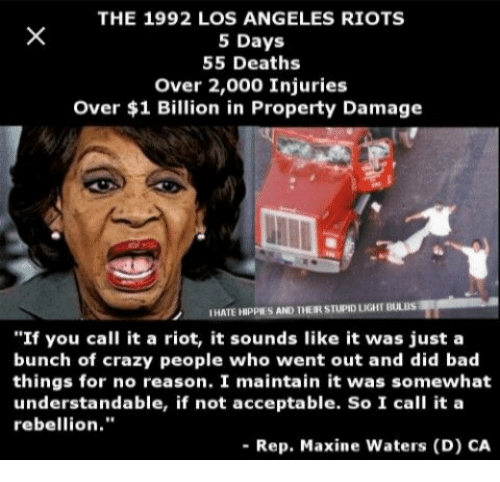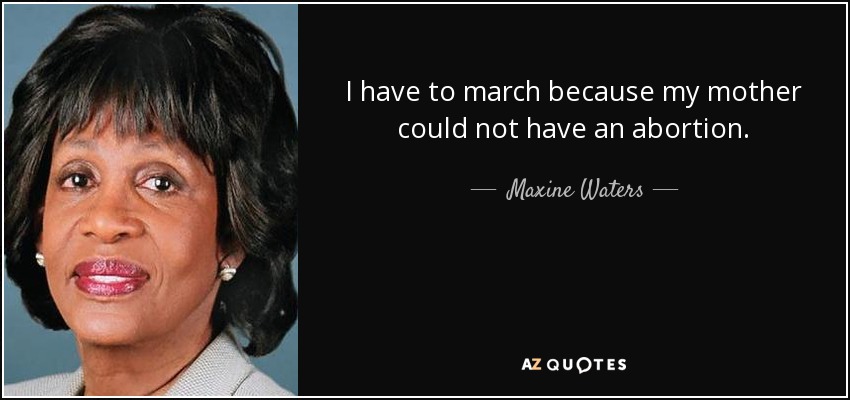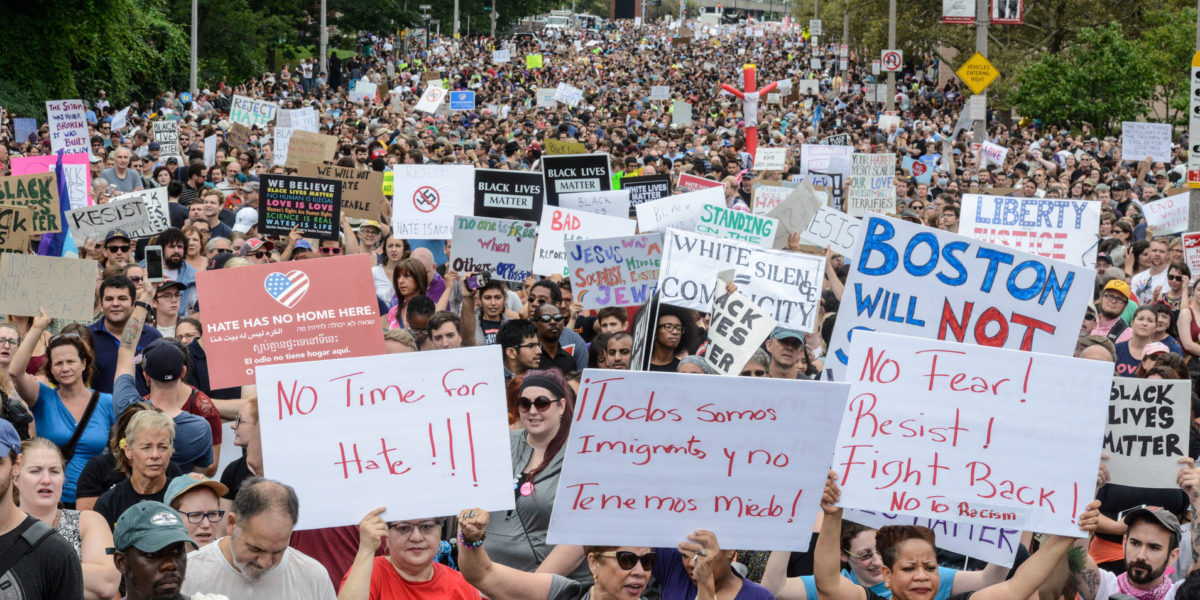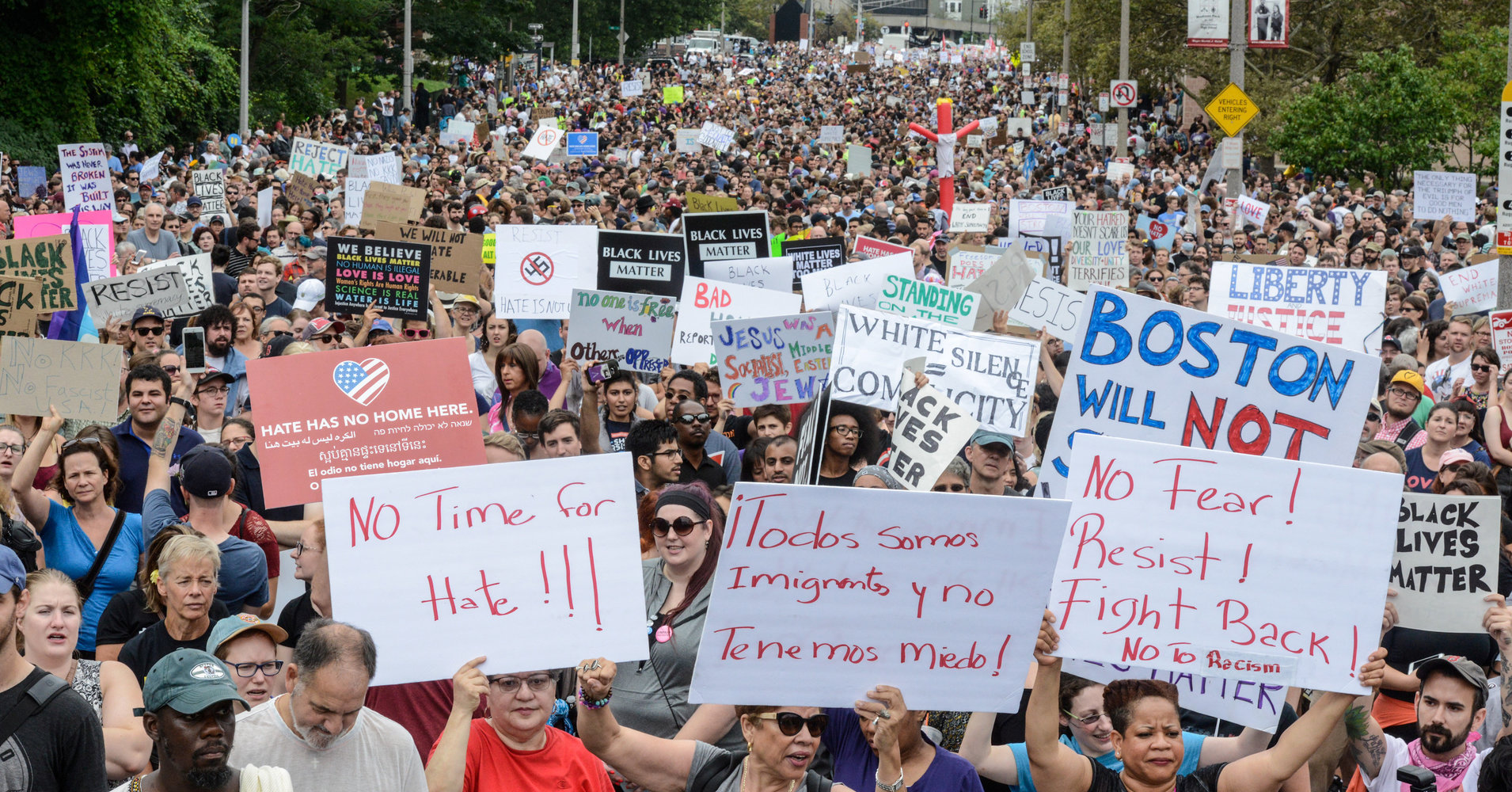
Former President Barack Obama has remained mostly silent through the early stages of the Democratic race to unseat Donald Trump in the 2020 presidential election but that may soon change, friends and associates tell FOX Business, as avowed socialist Bernie Sanders gains in national polls and seems poised to obtain front-runner status.
The people who spoke on the condition of anonymity say Obama’s preference had always been to lay low through the primaries aside from making some broad comments as he did in November of last year when, according to a report in The New York Times, the former two-term president, best known for expanding the size of government and his eponymous health care mandate, appeared genuinely worried about some of the increasingly leftist proposals being touted on the campaign trail from Sanders, the US senator from Vermont, and to some extent, Elizabeth Warren, the US senator from Massachusetts.
“The average American doesn’t think we have to completely tear down the system to remake it,” the Times quoted Obama, who was speaking at a gathering of Democratic donors.
People close to Obama point out that he has always said that he will support the Democratic nominee, whoever that may be. They also point out that Obama’s opinion of Warren has softened since November, and he is said to be growing comfortable with endorsing her fully if she should win the nomination.
But, these people add, he has recently grown even more wary of Sanders as the Vermont senator appears to be gaining momentum in polls and the Democratic primaries begin to heat up with the Iowa caucuses and the New Hampshire primary both in February.
Obama has told people in private that Sanders is both temperamentally and politically unfit to beat Trump in the 2020 general election, these people say. Among his concerns are Sanders’ strident form of politics and confrontational manners where he was known not to seek compromise during his long years in the US senate. Meanwhile, Obama is said to worry that Sanders’ far-left policies, which include massive tax increases, free college tuition and massive student debt forgiveness, would alienate even traditional Democratic voters. And may alienate them enough to re-elect Trump, who is seeking a second term despite historically low favorability ratings given his own bombastic style, these people tell FOX Business.
With that, Obama is weighing a more forceful rebuke of Sanders as the candidate to lead the Democrats in 2020, according to people who have spoken to the former president. It’s unclear if Obama will name Sanders specifically if he does indeed decide to make a statement or if he will address the matter in more general terms as he did in November. Obama may also decide to remain silent, particularly if Joe Biden, his former vice president, or Warren begin to overtake Sanders in the early primaries and in polling.
A spokeswoman for Obama declined to comment but would not deny his concerns. When asked to comment on the story, Sanders’ spokesman Mike Casca replied tersely, “Nope.”
Obama, despite his liberal credentials, often angered the far left of his party during his two terms as president for seeking compromise in policymaking. He took over as president amid the financial crisis, but refrained from nationalizing the ailing banks, choosing instead to continue the bail-out policies of the Bush administration. His signature piece of legislation — Obamacare — fell short of socialized medicine and was instead a mandate to provide health insurance for every American.
And he isn’t the only establishment Democrat scrambling to counter the Sanders surge in which recent national polling shows him pulling ahead of Biden, the nominal front-runner, and Warren, who has vacillated in the polling of top candidates. In recent weeks, some polling shows that not only is Sanders doing well nationally, but that he could also win the first primary contest, the Iowa caucuses, and snap up the New Hampshire primary later that month.
Earlier in the week, former first lady, Secretary of State and the party’s 2016 nominee, Hillary Clinton, in an interview with The Hollywood Reporter, attacked Sanders’ style, though she stopped short of saying she wouldn’t endorse him if he emerged as the Democratic nominee. “He was in Congress for years…Nobody likes him, nobody wants to work with him, he got nothing done,” she said. “He was a career politician. It’s all baloney and I feel so bad that people got sucked into it.”
Clinton, of course, was mired in a brutal primary challenge with Sanders in 2016 and has never forgiven him for his late endorsement of her candidacy — a factor she believes contributed to her loss to Trump in that year’s general election. Obama, meanwhile, is close with Biden as the two have remained friends since their days serving in the White House.
But Democratic Party insiders say the concern among party elders with Sanders’ recent ascendance goes beyond rivalries and friendship. Both Obama and Clinton believe it would be a mistake for the party to openly embrace socialism as opposed to more progressive policies on taxes, government assistance and even addressing environmental issues that could appeal to a broader swath of the electorate.
That said, some Democratic political advisers are wary of any direct confrontation with Sanders, who has tapped into the changing demographics of the party. The coalition that got Obama elected two terms – African Americans, women and working-class whites — has been disrupted by the emergence of young, white progressives who are attracted to Sanders’ far-left agenda. Working-class whites have largely defected to Trump, who has campaigned on nationalist issues, such as immigration control, and against free trade.
By attacking Sanders, Obama may alienate this growing block of Democratic base voters causing them to sit out what could be a close contest with Trump, who despite his low approval ratings, will run in 2020 on a strong economy. “It would be surprising if Obama did anything upfront because Dems would splinter between Sanders’ faction and Obama’s faction,” said veteran Democratic consultant Hank Sheinkopf. “Don’t underestimate the Bernie faction; otherwise he wouldn’t be surging in polls.”
Others say by allowing Sanders to continue to gain momentum, the Democratic Party might be doomed at a time when it faces a vulnerable incumbent in Trump. “Sanders is widely disliked by Democrats over 30,” said David Brand, a long-time Democratic strategist based in Atlanta, who is supporting Biden. “He doesn’t work well with others, has no significant legislative records, and only a few people support him other than his die-hard following. He can’t win a general election.”
